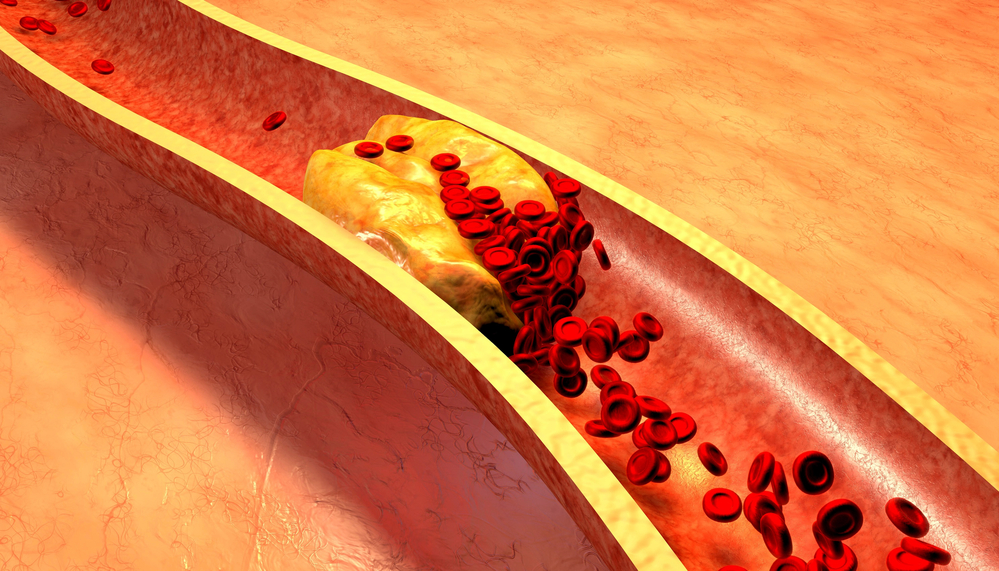High cholesterol levels are one of the main risk factors for cardiovascular diseases, which pose a severe threat to public health worldwide. Traditional treatment methods, such as dietary changes, regular physical activity, and the use of medications, are commonly recommended in the fight against hypercholesterolemia. However, in the search for alternative and complementary therapies, more and more people are turning to natural methods such as leech therapy – the use of medicinal leeches.
Leech therapy, known for centuries, utilizes bioactive substances found in leech saliva that can benefit cardiovascular health. These substances, including hirudin, exhibit anticoagulant, anti-inflammatory, and microcirculation-improving properties. In the context of high cholesterol, leech therapy can be an effective method to support traditional treatment.
What is cholesterol? What role does it play in the body?
Cholesterol is an organic chemical compound from the sterol group essential for the Body’s proper functioning. It is a component of cell membranes, influencing their fluidity and stability. Cholesterol also plays a vital role in synthesizing steroid hormones, such as cortisol, aldosterone, estrogens, and testosterone. Moreover, it is necessary to produce vitamin D and bile acids for proper fat digestion.
Cholesterol circulates in the blood through lipoproteins, divided into low-density lipoproteins (LDL) and high-density lipoproteins (HDL). LDL, known as “bad” cholesterol, can deposit in the walls of arteries, leading to atherosclerosis and increasing the risk of cardiovascular diseases. HDL, or “good” cholesterol, transports excess cholesterol from tissues to the liver, where it is processed and eliminated from the Body. Maintaining appropriate cholesterol levels is crucial for cardiovascular health and overall well-being.
What are the symptoms of high cholesterol?
High cholesterol levels often do not present apparent symptoms, making it difficult to detect without laboratory tests. It can develop silently for a long time, but its consequences can be severe. One of the first signs may be cardiovascular problems, such as shortness of breath, chest pain (angina), or easy fatigue during physical exertion. These symptoms result from atherosclerosis, which involves the accumulation of cholesterol deposits in the arterial walls, leading to their narrowing and obstructing blood flow. In extreme cases, a heart attack or stroke may occur. Therefore, regular cholesterol level tests are crucial for early detection and prevention of complications.
What causes high cholesterol?
The causes of high blood cholesterol levels can vary, including genetic factors and lifestyle choices. Genetic predispositions, such as familial hypercholesterolemia, can cause increased absorption and production of cholesterol. However, lifestyle plays a key role; a diet high in saturated and trans fats, excessive sugar intake, lack of physical activity, and obesity are the main risk factors. Additionally, smoking lowers good cholesterol (HDL) levels, and excessive alcohol consumption can raise triglyceride levels, also affecting overall cholesterol levels. Chronic diseases such as diabetes and hypothyroidism can also contribute to elevated cholesterol levels.
What are the dangers of high cholesterol?
High cholesterol levels pose a severe health risk primarily due to the potential development of atherosclerosis, which involves the accumulation of fat deposits in the arterial walls. This leads to the narrowing and hardening of blood vessels, obstructing blood flow and causing significant health problems. As a result, the risk of coronary artery disease, heart attack, and stroke increases. Additionally, atherosclerosis can lead to chronic kidney failure and circulation problems such as peripheral artery disease. Therefore, controlling cholesterol levels is crucial for preventing these severe conditions and maintaining good cardiovascular health.
How to lower cholesterol levels in the blood?
Cholesterol levels in the blood can be lowered through lifestyle changes and, if necessary, pharmacological treatment. Here are some practical ways:
- Increase dietary fibre intake in fruits, vegetables, whole grains, and legumes.
- Limit saturated and trans fats in fatty meats, full-fat dairy, fried foods, and processed foods. Instead, choose healthy fats like those in olive oil, avocados, nuts, and fish, which are rich in omega-3 fatty acids.
- Regular physical activity, such as walking, running, swimming, or cycling, can help increase good cholesterol (HDL) levels and lower bad cholesterol (LDL) levels. At least 150 minutes of moderate physical activity per week is recommended.
- Reducing weight and maintaining a healthy weight can significantly lower cholesterol levels. Even a slight weight loss can bring health benefits.
- Smoking cessation can improve the lipid profile and overall cardiovascular health.
- Excessive alcohol consumption can lead to elevated cholesterol and triglyceride levels. Moderate alcohol consumption or total abstinence is recommended.
Leeches for high cholesterol
Medicinal leeches have been used in folk medicine for centuries to treat various ailments, including blood circulation problems. In the context of high cholesterol, the use of leeches relies on their ability to secrete hirudin – a substance with anticoagulant properties that improves blood flow. Hirudin works by inhibiting thrombin activity, preventing clot formation, and potentially reducing the risk of atherosclerosis. Additionally, leech saliva contains other bioactive compounds with anti-inflammatory properties that can support blood vessel health.
The use of leeches can positively impact cholesterol reduction, especially as a complement to traditional treatment methods. Leech therapy can support improved microcirculation and inflammation reduction, indirectly enhancing cardiovascular system function. It is also important to remember that qualified specialists should conduct leech therapy and not replace conventional treatment methods, such as dietary changes, lifestyle modifications, or pharmacotherapy.

